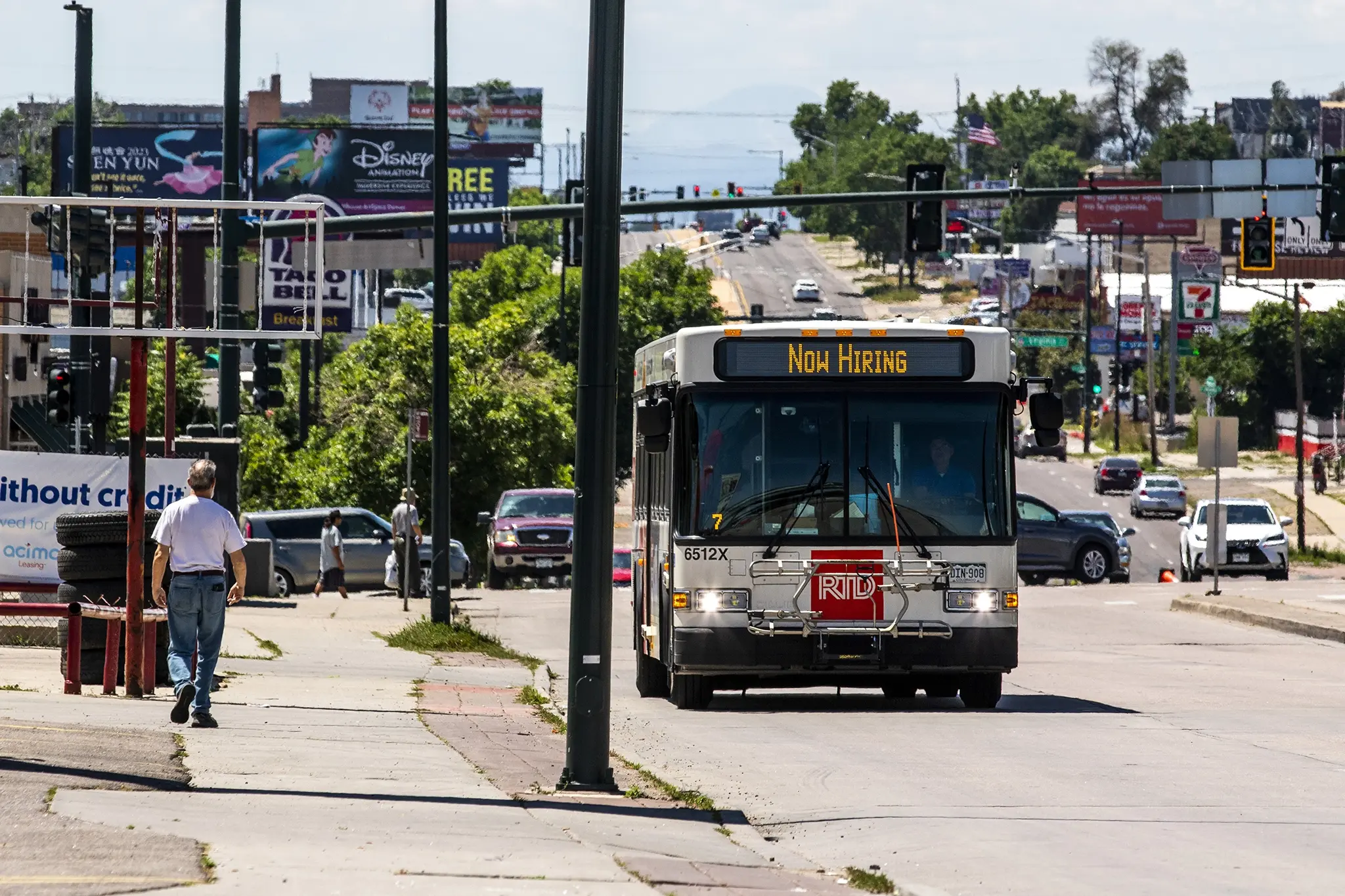
It’s a start! 👍

yeah its like why only youth? I don’t see a scenario where its disadvantageous to have someone use it. Even if just to look around they are at that point a tourist really which most places want because they tend to spend money while looking around. I would like it a bit like a library card where you can lose your privleges for improper behaviour though.

Because convincing US politicians to properly fund public transit is like pulling teeth, and until the funding model is changed, US public transit agencies literally cannot afford to eliminate fares. Providing free fares for kids is really smart because those kids will grow up knowing how awesome public transit can be and will help be a driver for change in the long term.

The pervasive belief that every single service offered by a city needs to be profitable as if it is a private business as an individual module and not part of a bigger plan. It would be like a business requiring their advertising department to self-fund by somehow selling the ads. It objectively doesn’t make sense as part of a business plan, but it’s the expectation for public transit.
The irony being that the same people who absolutely believe things like public transit MUST be operated profitably don’t care at all that the overall city budget is in the red. They’ll say it costs too much to operate the bus while doubling down on road expansions and refusing to adjust millage rates that force the city budget into deeper debt.
The cities that spend the absolute largest percent of their budgets on transportation are the cities with the largest car modeshare. The cities which spend the lowest percent of their budgets on transportation are the ones with robust bikeped and public transit. That’s why Houston spend some outrageous amount like a quarter of their budget on transportation, NYC is closer to 10%, and Amsterdam is closer to 5%. If you want to save money on the city budget, get people out of cars and into busses.
Self-proclaimed fiscal conservatives are the least financially responsible people to put in charge of city governments. Aggressive efforts to cut costs prevent even larger amounts of revenue.

Two bad reasons:
- If the system doesn’t get it’s money back, you can use that as justification to cut funding because it’s “not profitable”. Never mind that most city services aren’t…
- Police can use “lack of payment” as an excuse to kick poor people out of the system whenever they want. Transit systems tend to allow this under the belief that people who can pay the fare will refuse to ride with people who can’t, but anyone that snobbish won’t be on transit in the first place.
One less-bad reason:
- Systems can use fare payments to get data on routes: how often they’re used, at what times of day, etc. Metrics are important to justify your position in the city budget. Of course, there are other ways to do that which aren’t as harmful to poor riders.

I agree with you, it is good to see something started, and to imagine them working on expanding it with time!

Public transit fares are an extremely regressive tax.


